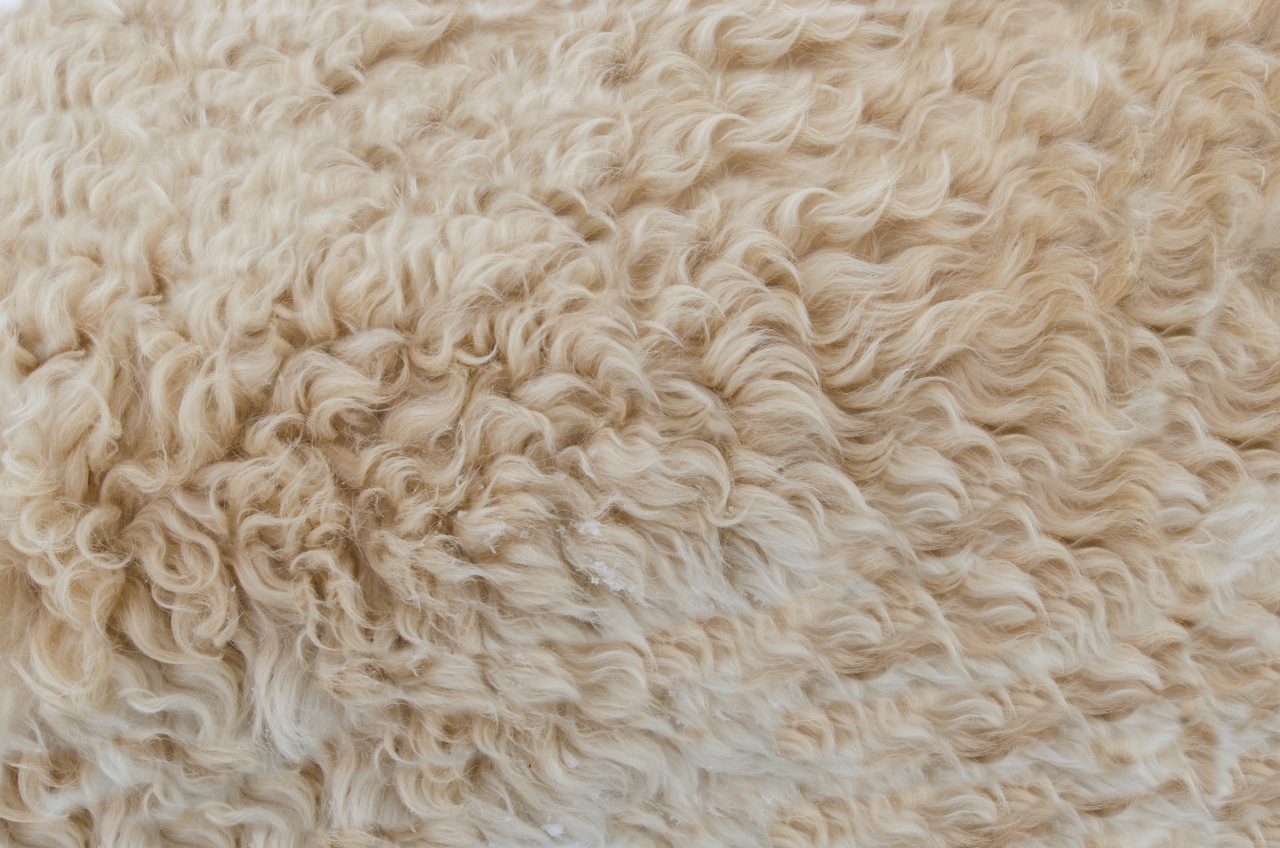Menopause is a natural biological process that every woman goes through, typically in their late 40s or early 50s. Menopause is defined as the time when a woman stops having periods for more than 12 consecutive months.
The reduction in estrogen levels during menopause can negatively impact the skin’s health, leading to dryness and thinning. This article will provide some useful tips and solutions for relieving symptoms of menopause-related dry skin.
Understanding Menopause and Dry Skin
Menopause can cause a range of hormonal changes that affect the body in many ways, including the skin. One common symptom that many women experience is dry skin. This is because estrogen is a hormone that helps promote skin elasticity and moisture.
When estrogen levels decrease during menopause, less oil is produced, causing the skin to become dry, itchy, and flaky.
Symptoms of Menopause Dry Skin
Dry skin is a common symptom of menopause and can present itself in various ways. Some of these may include:.
- Itchiness and flakiness
- Tightness and roughness
- Redness and soreness
- Fine lines and wrinkles
- Visible veins and age spots
Relieving Symptoms of Menopause Dry Skin
Relieving symptoms of menopause dry skin can be achieved through several methods. Here are ten effective ways to help relieve dryness and keep your skin looking healthy:.
1. Moisturize Regularly
Choose a moisturizer that is rich in emollients, which help to lock in moisture. Avoid products with alcohol in them as this can dry your skin further. Moisturize your skin at least twice a day, especially after bathing or showering.
2. Take Shorter Showers
Hot showers or prolonged exposure to water can strip your skin of its natural oils, resulting in dryness. Limit showers to no longer than ten minutes and use lukewarm water.
3. Use a Humidifier
Dry indoor air can aggravate your skin, making it itchier and more prone to dryness. Consider using a humidifier to add moisture to the air. It’s recommended to aim for an indoor humidity level of around 30 to 50 percent.
4. Stay Hydrated
Drinking plenty of water is essential for keeping your skin hydrated from the inside out. Aim for at least eight glasses of water a day or more if you are physically active.
Drinking herbal tea or eating fruits and vegetables high in water content such as watermelon, cucumber, and strawberries can also help.
5. Avoid Harsh Chemicals
Many skincare products contain harsh chemicals or fragrances that can irritate your skin further. Read product labels and avoid using anything that contains sulfates, parabens, or mineral oils.
6. Protect Your Skin from the Sun
Menopausal skin is more susceptible to sun damage, which can cause further dryness and premature aging. Always use a broad-spectrum sunscreen with an SPF of at least 30, and wear a hat and protective clothing when outdoors.
7. Eat a Balanced Diet
Your diet can also play a role in the health of your skin. Consuming foods rich in antioxidants, such as berries, tomatoes, and leafy green vegetables can help protect your skin from cellular damage.
Essential fatty acids, found in foods such as almonds, salmon, and avocados, can help keep your skin moisturized.
8. Exercise Regularly
Exercise increases blood flow and circulation, which can bring more oxygen and nutrients to your skin. Incorporate a variety of aerobic and strength training exercises to help keep your skin healthy.
9. Try Natural Remedies
Some natural remedies that may help relieve menopause dry skin include applying aloe vera gel, coconut oil, or honey to your skin. Applying a thin layer of pure vitamin E oil can also help reduce dryness and improve skin texture.
10. Seek Medical Advice
If you experience severe dryness, itching, or an outbreak of a rash, it’s essential to seek the advice of a healthcare professional. They can provide you with a diagnosis and prescribe medication, if necessary, to help relieve your symptoms.
Conclusion
Menopause is a natural part of a woman’s life, and the symptoms can vary significantly from person to person. However, taking care of your skin during this time can help alleviate some of the uncomfortable symptoms.
By following the tips outlined in this article, you can relieve menopause dry skin and maintain healthy, glowing, and youthful-looking skin.































